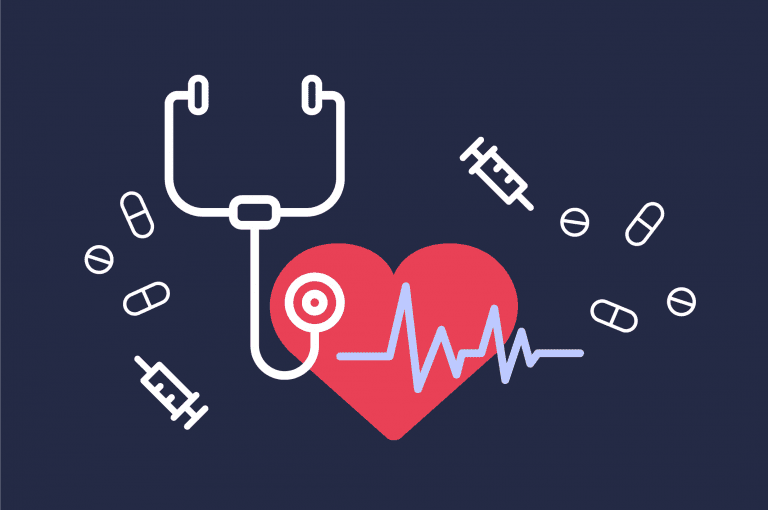High-Protein Diet: The Secret to a Lean Body and Strong Muscles

A high-protein diet has long been celebrated for its ability to help individuals build lean muscle, burn fat, and maintain overall health. In 2025, this nutritional strategy remains a cornerstone for athletes, fitness enthusiasts, and anyone aiming for a toned physique.
In this article, we explore the science behind a high-protein diet, its benefits, and practical tips for incorporating it into your daily routine to achieve a lean body and strong muscles.
👉 For more health and nutrition tips, visit this guide.
What Is a High-Protein Diet?
A high-protein diet emphasizes foods that are rich in protein while balancing carbohydrates and fats. Protein is a macronutrient essential for muscle repair, hormone production, and metabolic health.
-
Recommended intake: For active adults, 1.2–2.2 grams of protein per kilogram of body weight daily is generally suggested.
-
Sources: Lean meats, poultry, fish, eggs, dairy, legumes, nuts, and protein powders.
How Protein Supports Lean Muscle
Protein provides amino acids, the building blocks of muscle tissue. When combined with resistance training, it helps:
-
Repair muscle fibers after workouts.
-
Promote muscle growth through protein synthesis.
-
Prevent muscle loss during calorie restriction or aging.
👉 Learn more about protein benefits in this resource.
Fat-Burning Benefits of a High-Protein Diet
1. Increased Thermogenesis
Digesting protein burns more calories compared to carbs or fats, a phenomenon called the thermic effect of food (TEF).
2. Appetite Control
Protein-rich meals increase satiety, reducing cravings and total calorie intake throughout the day.
3. Preserves Lean Mass During Weight Loss
Unlike low-protein diets, high-protein diets help maintain muscle while promoting fat loss, which enhances body composition.
Best High-Protein Foods
Lean Meats
Chicken, turkey, and lean cuts of beef provide high-quality protein with minimal fat.
Fish
Salmon, tuna, and cod are protein-rich and contain healthy omega-3 fatty acids.
Eggs
Whole eggs and egg whites support muscle repair and nutrient absorption.
Dairy
Greek yogurt, cottage cheese, and skim milk are excellent slow-digesting protein sources.
Plant-Based Options
Legumes, tofu, tempeh, and quinoa are ideal for vegetarians and vegans seeking protein.
👉 Explore more high-protein foods in this article.
Tips for a Successful High-Protein Diet
-
Distribute protein intake across meals: Helps maximize muscle protein synthesis.
-
Include protein post-workout: Supports recovery and growth.
-
Combine with strength training: Essential for building lean muscle.
-
Monitor calorie intake: Too much protein without exercise can lead to excess calories.
-
Stay hydrated: Protein metabolism requires adequate water intake.
Potential Considerations
-
Kidney health: Individuals with pre-existing kidney issues should consult a doctor.
-
Balanced diet: High protein should not replace fruits, vegetables, and whole grains.
-
Digestive comfort: Gradually increase protein to prevent bloating or discomfort.
Final Thoughts
A high-protein diet is a powerful tool for those seeking a lean body and strong muscles. Combined with regular exercise and a balanced lifestyle, it can enhance metabolism, support fat loss, and preserve muscle mass.
For the latest updates on protein-based nutrition and fitness strategies, visit this health resource.




